By Sarah Lewis
During LGBTQI+ History Month, the Library is blogging and sharing resources on social media to further shed light on the content we have which may be of use in research or for general interest purposes. In preparation for this, we conducted a brief survey of our databases and, in particular, I wanted to see if some of our less obvious databases also contained pertinent content on LGBTQI+ subjects and issues.
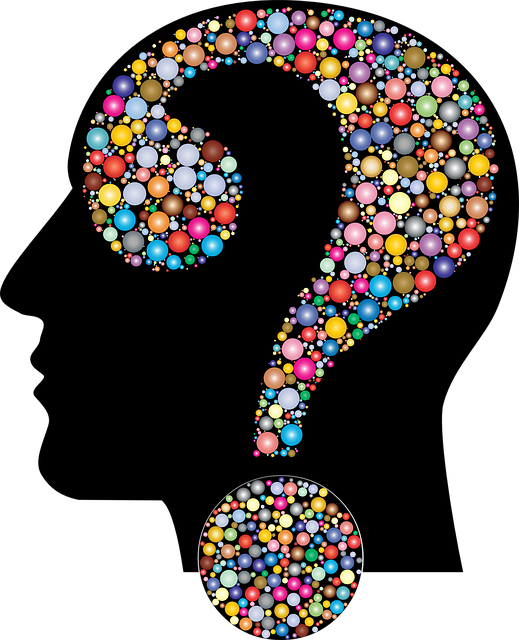
For example, unless you are in the computing department, it may be unlikely that many staff and students would explore the ACM (Association for Computing Machinery) Digital Library database, especially for LGBTQI+ content. I was pleasantly surprised to find a vast array of information in the LGBTQI+ subject area – articles on the use of ICT and systems in LGBTQI+ communities, supporting LGBTQI+ people (and their families) and combatting prejudice on social media, diversity in game design and LGBTQI+ issues in virtual worlds, to name just a few.
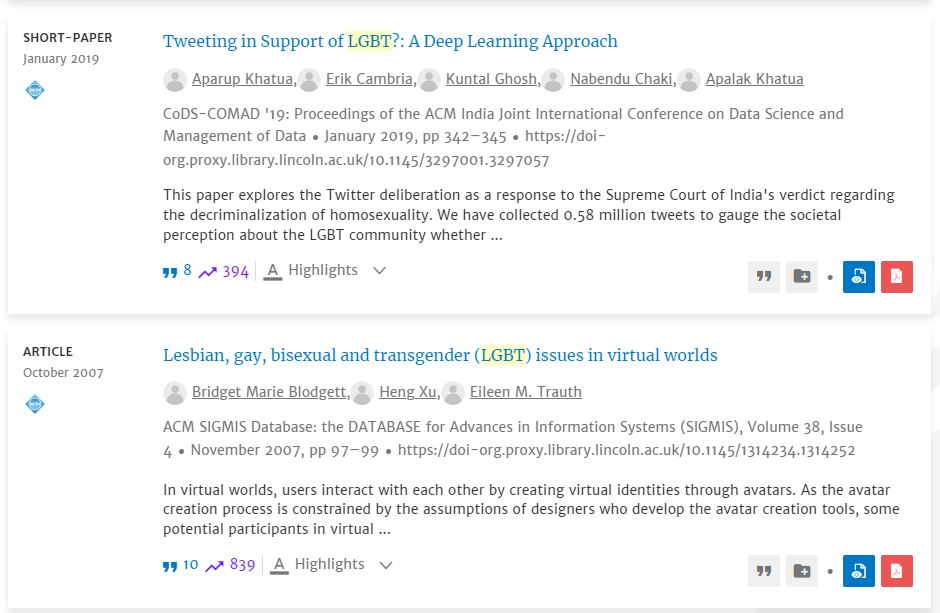
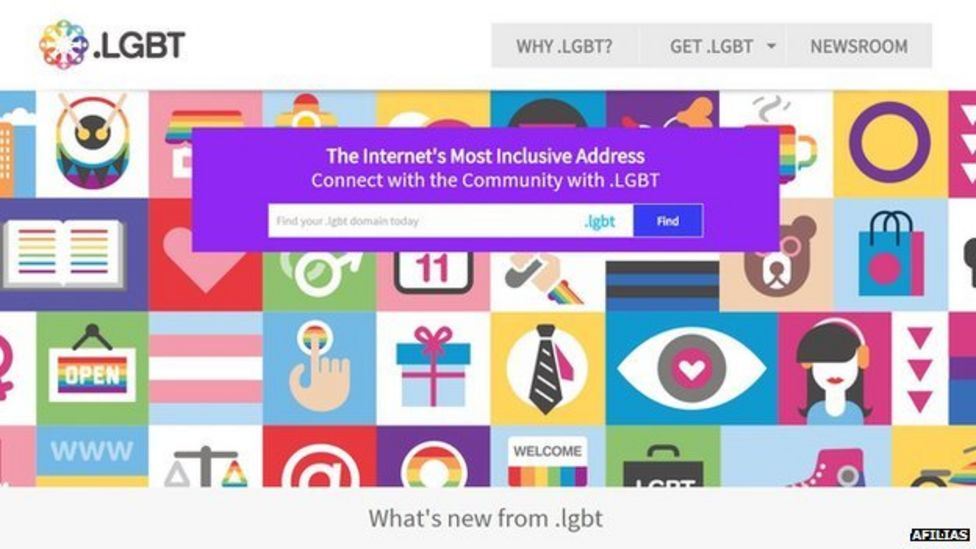
There appears to be a huge amount of material on LGBTQI+ people in the digital space, not surprising considering the internet is the most powerful social
tool of the modern age – a place where trolls roam and discrimination can be at its worst, but can, conversely, provide a safe haven for LGBTQI+ people. Therefore, articles on such phenomena hold an important place in the LGBTQI+ discussion.
There are many fascinating articles out there on a wide range of subject areas under the LGBTQI+ umbrella. Another great resource to explore, particularly for an American perspective, is the ACLS (American Council of Learned Societies) Humanities Ebook Collection, which contains some interesting full-text ebooks on subjects such as: LGBTQI+ youth in America’s schools, queer composition of America’s sound (music and national identity), epistemology of the closet, the history of queer San Francisco, and homosexuality and American psychiatry, among many others.
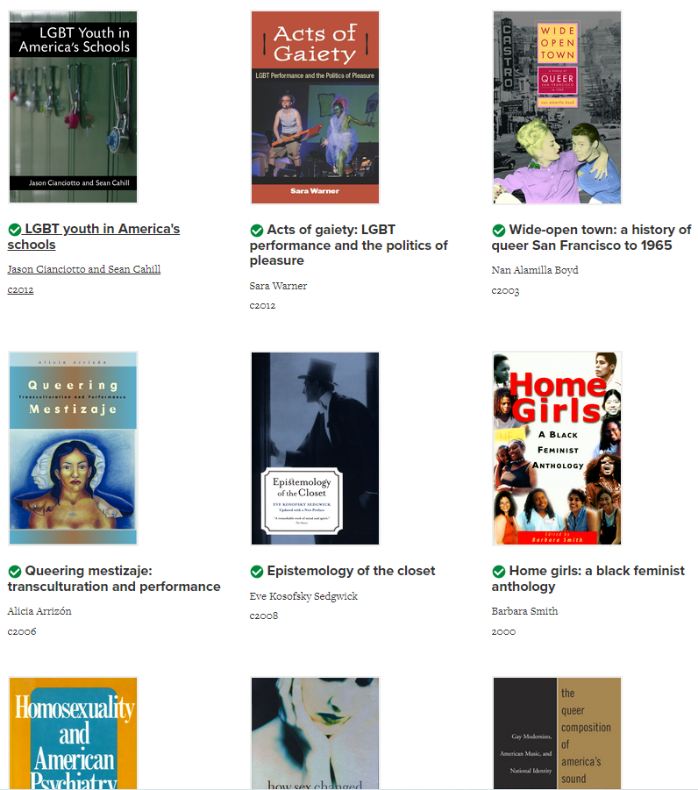
It does also contain non-America-centric content worth exploring, such as sexuality and nation in Indonesia, early Christian responses to female homoeroticism, and Hellenism and homosexuality in Victorian Oxford.
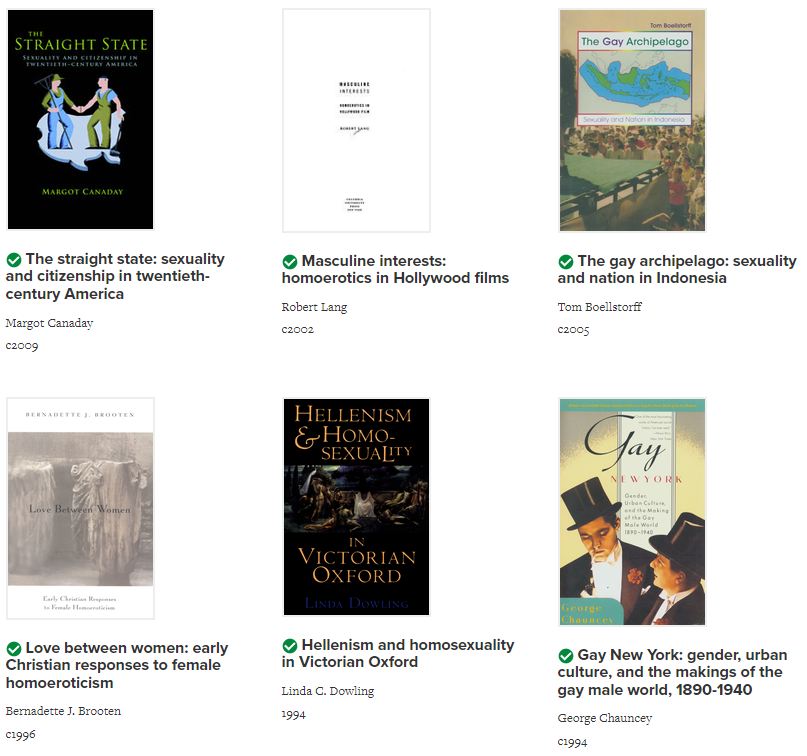
In doing research on this important subject, whether for academic or personal reasons, it is important to broaden the scope of the search. The Library has many great e-resources in our collections, including the Gender and Sexuality collections on AM Explorer, 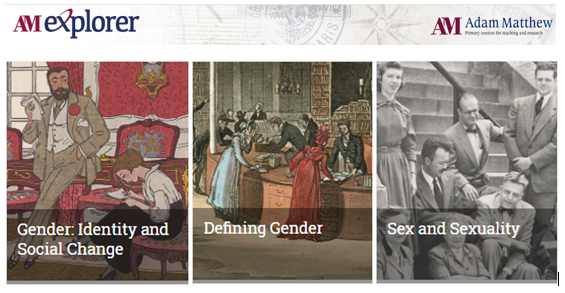
and wide-ranging articles on multi-disciplinary journals database Academic Search Complete, but there are many gems hidden away in some of the more unsuspecting databases and ebook collections, like the chapter on ethical issues in working with LGBTQ+ clients in the Oxford Handbook of Psychotherapy Ethics and articles discussing diversity and inclusion in STEM and overcoming bias in the Chemistry classroom on the ACS (American Chemical Society) Publications database.
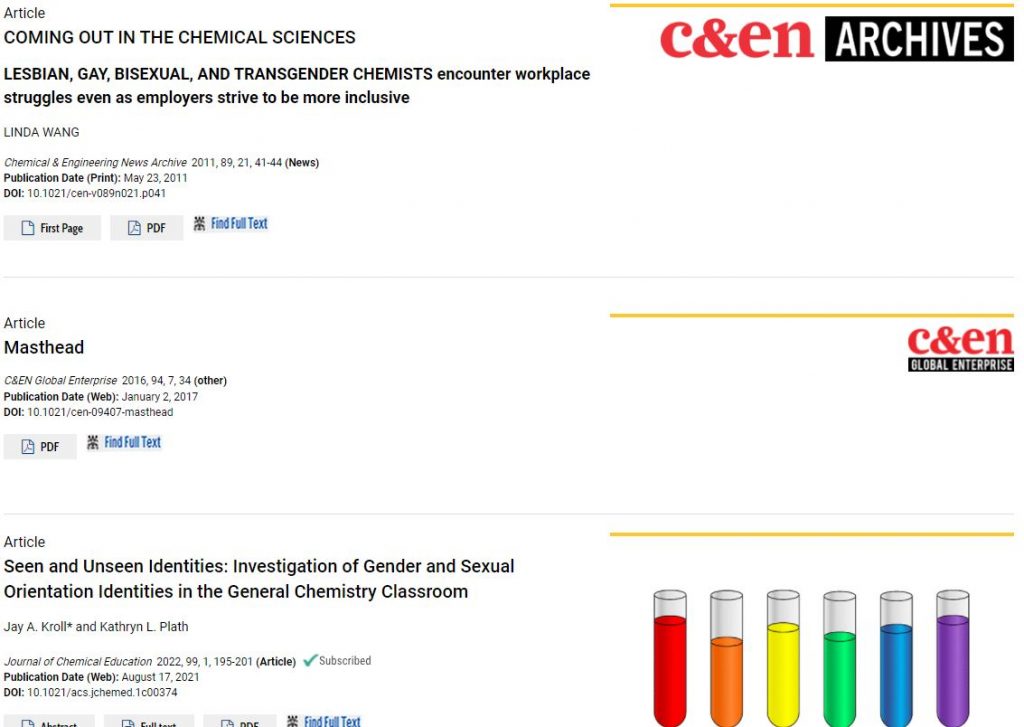
I think this helps to show that it is as important to be open-minded in research as it is in life, for, as Jason Collins – the first male professional athlete to publicly identify himself as gay in 2014 – said:
“Openness may not completely disarm prejudice, but it’s a good place to start.”
Quote: HRC, 20 Powerful LGBT Quotes That Made History, Human Rights Careers, https://www.humanrightscareers.com/issues/lgbt-quotes/ [accessed 8th February 2022].